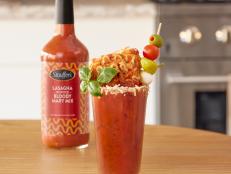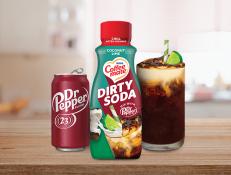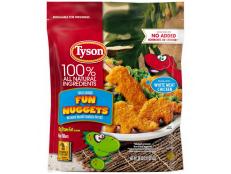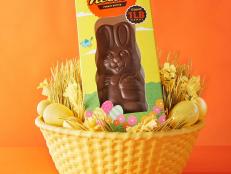These Classic Grocery Brands Are Planning Long-Overdue Changes
Aunt Jemima, Uncle Ben’s and more are acknowledging their painful history — and won’t look the same anymore.


Justin Sullivan/Getty
Following weeks of Black Lives Matter protests, companies are rethinking how they portray the Black community and Black culture through their products, branding and marketing. One place with room for improvement? The grocery store.
On Wednesday, PepsiCo announced that it will rebrand Aunt Jemima pancake mix and syrup, acknowledging that its origins are “based on a racial stereotype.”
“We are starting by removing the image and changing the name,” said Kristin Kroepfl, vice president and chief marketing officer of Quaker Foods North America, in the company’s press release. “We will continue the conversation by gathering diverse perspectives from both our organization and the Black community to further evolve the brand and make it one everyone can be proud to have in their pantry.”
Aunt Jemima, founded in 1889, isn’t just a well-known breakfast product — it recalls a painful period of American history. Named after the minstrel song “Old Aunt Jemima,” the original mascot was a “mammy” character, a racist stereotype from the Jim Crow era that represents enslaved women as happy, submissive servants who nurtured the families of their enslavers. To make matters worse, a former enslaved woman, Nancy Green, was actually hired to be the face of Aunt Jemima. It’s unclear whether she was compensated for her work.
“The Aunt Jemima caricature was a product of the white imagination and the minstrel shows of 19th-Century America,” Gregory Smithers, a history professor at Virginia Commonwealth University, told MarketWatch. “Aunt Jemima was also part of the ‘blackface’ tradition that, in the decades after the Civil War, harkened back to a simpler time of plantations and ‘happy slaves.’”

EVA HAMBACH/Getty
Shortly after PepsiCo’s announcement, Mars revealed that Uncle Ben’s will undergo a similar update. The brand first used its name and logo in 1946, and says that Uncle Ben is an amalgamation of two real people: a Black Texan rice farmer, Uncle Ben, and a Chicago chef and server, Frank Brown. However, they have faced criticism for the use of “Uncle,” a common pejorative term from the 19th and early 20th centuries to describe a Black person who was subservient to White people.
B&G Foods and Conagra Brands are also launching reviews of Cream of Wheat and Mrs. Butterworth’s, respectively. Cream of Wheat boxes feature a character once named Rastus (a derogatory term for Black men), while Mrs. Butterworth’s bottle has a matronly shape which critics say is based on a classic mammy figure.
This isn’t the first time these problematic brands have grappled with the racism within their brands. Uncle Ben got a collared shirt in 2007. Cream of Wheat’s blatantly racist Rastus turned into a smiling Black man in a chef’s hat. Aunt Jemima swapped her kerchief for pearl earrings and a lace collar in the 1960s. But as PepsiCo acknowledged in their statement, the brand has “not progressed enough.”
Growing up with these brands on our kitchen tables, it’s too easy to become oblivious to their offensive nature and to dismiss them as harmless, outdated, cartoons. However, it’s clearly past time for the world to take a closer look at what they really mean. Where one person might see Sunday breakfast with their family, another remembers America’s roots of enslavement and segregation. Becoming aware of the history behind these stereotypes and taking responsibility for the hurt they cause is the first step forward.
Related Links:































































